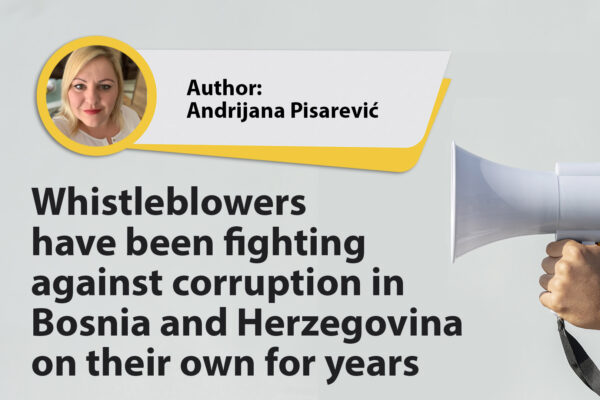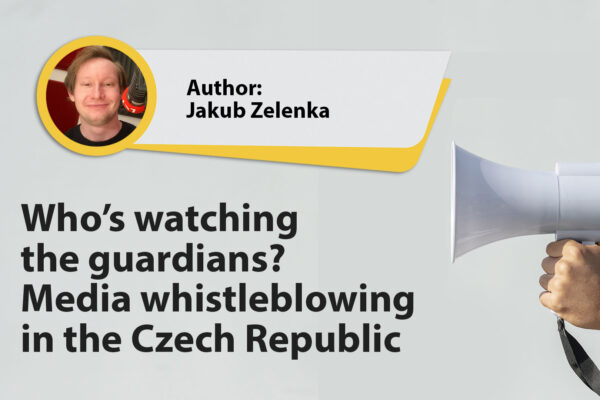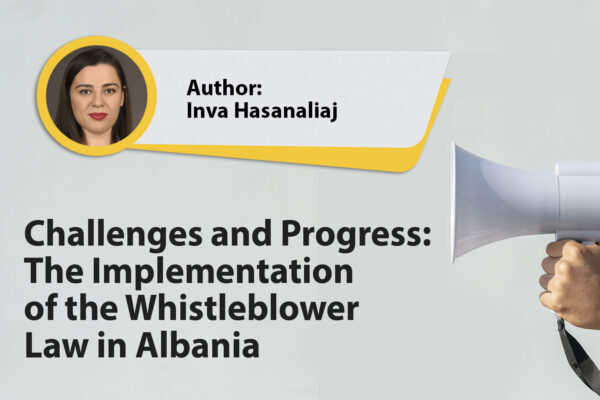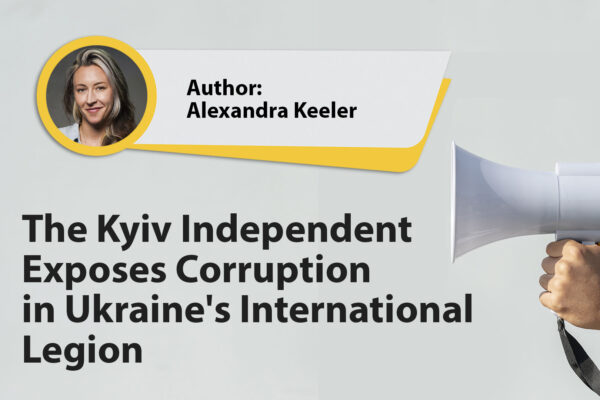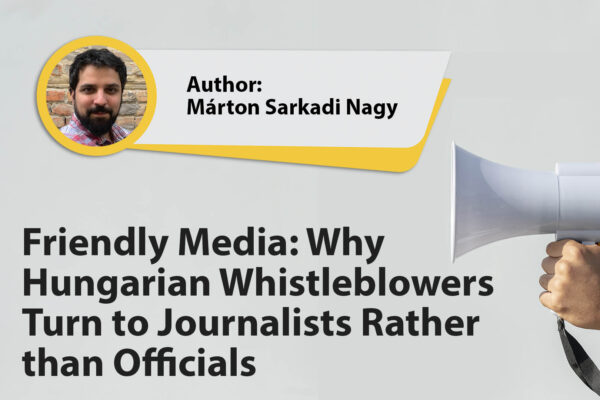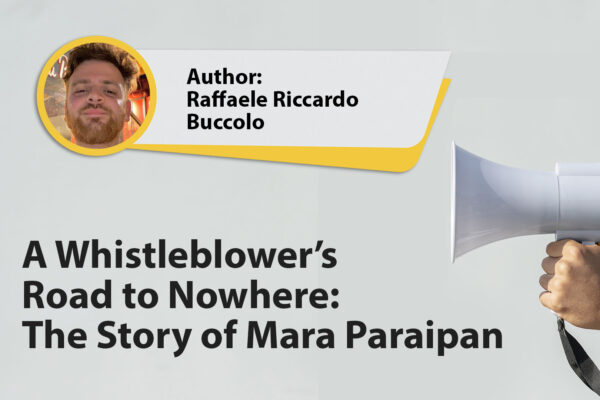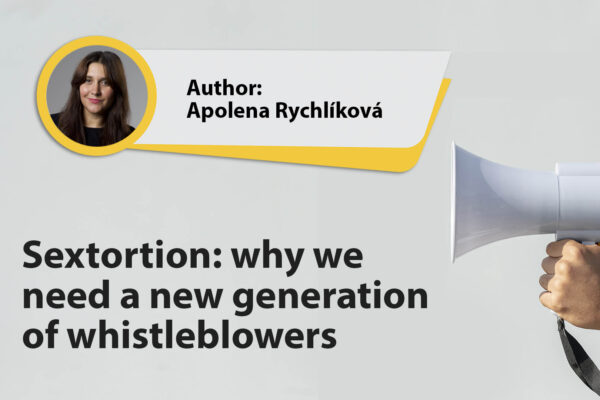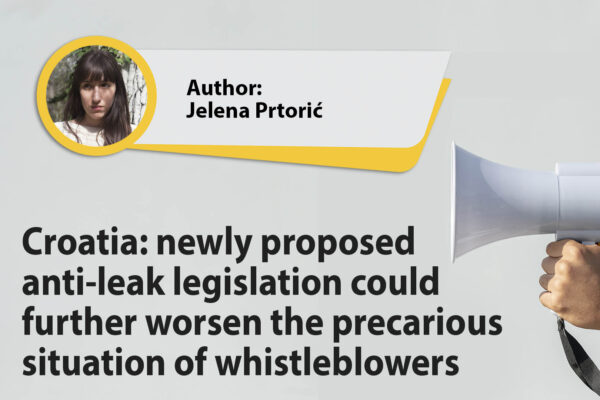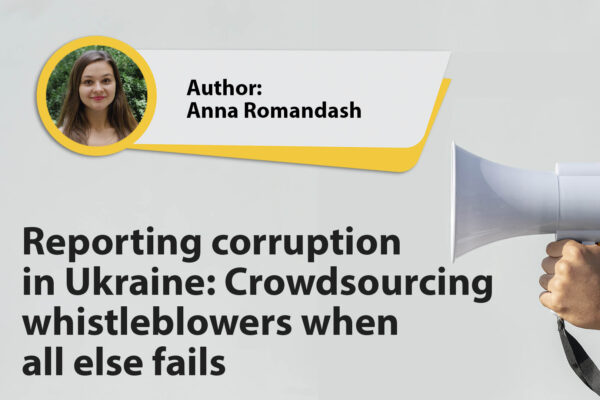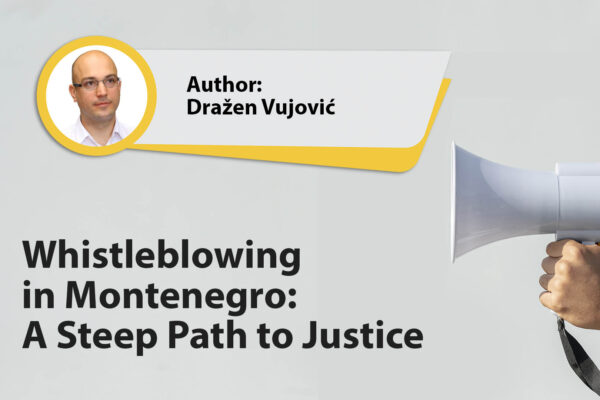Whistleblowers have been fighting against corruption in Bosnia and Herzegovina on their own for years
Obtaining whistleblower status in Bosnia and Herzegovina is not easy, and those who have succeeded claim that they have not been adequately protected from discrimination, demotions to lower-ranking positions, disciplinary proceedings, threats, blackmail and dismissal. However, after years of struggle, several of them have managed to obtain protection and fight
Who’s watching the guardians? Media whistleblowing in the Czech Republic
Whistleblowers and journalists form a fragile ecosystem. Many of the most important scandals that have shaken the public were revealed by people who risked their careers and their safety, and put their trust in the hands of a select editorial team. In such cases, there must be agreement between the
Challenges and Progress: The Implementation of the Whistleblower Law in Albania
In recent years, Albania has made considerable efforts to address corruption, starting in 2016 when Parliament adopted the law on whistleblowing and protection of whistleblowers, following the recommendation of the European Union. While the law itself represents a positive step towards the fight against corruption, there is still a lack
The Kyiv Independent Exposes Corruption in Ukraine’s International Legion
Blowing the whistle enforces the playbook for national integrity. In the fall of 2021, a group of journalists were fired from their posts. The newspaper’s owner wanted to quell critical coverage of Ukrainian authorities. Refusing to be silenced, this expulsion prompted the ousted team to establish a new independent media
Friendly Media: Why Hungarian Whistleblowers Turn to Journalists Rather than Officials
By Márton Sarkadi Nagy In April 2015 leaders of three Hungarian anti-corruption NGOs gathered in Budapest for press conference to reach cooperation agreement. Their aim was to create a practical framework for whistleblowers to come forward more easily, and inform the citizens they finally had the opportunity to do so.
A Whistleblower’s Road to Nowhere: The Story of Mara Paraipan
This is the story of Mara Paraipan, a Romanian civil servant who blew the whistle on the Romanian Ministry of Transport * Seven months after she arrived at the ministry’s construction authorisation department in Bucharest, Paraipan had to approve a budget for an urgent construction project along the national road
Sextortion: why we need a new generation of whistleblowers
All the women who share sextortion issues in this text are listed under false identities to protect sources. However, their statements are recorded and they have consented to their publication. Monika always thought that once she had finished her studies, when she applied for a job, it would be completely
Croatia: newly proposed anti-leak legislation could further worsen the precarious situation of whistleblowers
When Maja Đerek realized the company where she worked wasn’t collecting rental fees for some of its business spaces, she didn’t know the story would unravel into a national affair revealing a system of widespread clientelism, abuse of position and trading in influence involving highly positioned politicians. The affair implicated
Reporting corruption in Ukraine: Crowdsourcing whistleblowers when all else fails
“The court’s decision is a significant achievement both for me personally and for the entire anti-corruption system in general,” says Euhen Shevchenko, “For the first time in the history of Ukraine, a citizen will receive a decent reward from the state for exposing a crime of corruption. This brings the
Whistleblowing in Montenegro: A Steep Path to Justice
“Being a whistleblower in Montenegro is difficult. Nobody enjoys living in uncertainty and worrying about their family’s well-being, but it comes from within and I had to react to obvious irregularities.” That’s how Milisav Dragojević, a retired engineer and one of Montenegro’s first public whistleblowers, describes his experiences reporting misconduct
- 1
- 2

